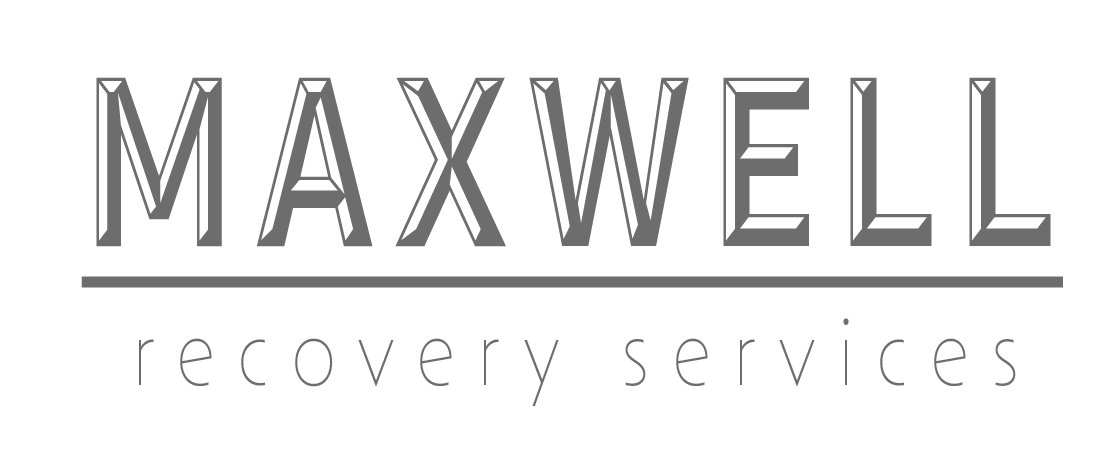The Importance of long-term disease management and family support
Navigating the journey of addiction and recovery can be an overwhelming experience for families. It's crucial to understand that addiction is a recognized health issue, not a moral failing. The brain, particularly during adolescence, is highly adaptable, and substance use can create entrenched pathways that lead to long term challenges with substance use disorders in adulthood. Research highlights the significant role of genetics in substance use disorders, alongside other risk factors like early substance exposure, trauma, and co-occurring mental illness.
While time spent in professional care is a strong predictor of long-term outcomes, it does not guarantee sustained remission. Ongoing support, community engagement, psychiatric monitoring, and consistent substance use monitoring are essential for long-term disease management, akin to managing any chronic illness.
The adage "relapse is a part of recovery" is common, but it's important to shift the focus from a static, black-and-white perspective to a proactive, long-term approach to wellness. Families are strongly encouraged to establish a robust "infrastructure" to support their loved one in the event of a setback. This framework should include continued engagement with a recovery community, ongoing therapy, and, critically, consistent substance use monitoring.
Compelling evidence from programs like Physician Health Programs (PHPs) demonstrates the effectiveness of long-term, structured monitoring. These programs oversee healthcare professionals with addiction, often employing frequent, random drug and alcohol testing for five years or more. PHPs exhibit remarkable success rates, with 70-80% of participants achieving sustained recovery over several years and successfully returning to their practices. This strong evidence underscores the efficacy of extended drug and breathalyzer monitoring for long-term recovery.
Beyond supporting the individual, it is imperative for parents to cultivate self-awareness and engage in proactive planning. This involves anticipating challenges and developing personal coping strategies for potential setbacks. Establishing strong personal support systems, actively processing emotions, and maintaining composure during crises are vital. Common missteps in planning, such as prematurely entrusting individuals with significant financial or legal responsibilities, can often sabotage an individual’s recovery process. Similarly, a family system that remains dysregulated can make an individual’s progress in their recovery more difficult. A strategic, informed, and holistic approach that prioritizes the well-being of the entire family necessary to create the best chance for a successful long-term outcome.
Building Strength: Helpful Tips for Families
For families navigating the complexities of addiction, clear and actionable advice emphasizes the importance of building resilience and adopting a long-term perspective. The family's own stability and well-being are often foundational to supporting a loved one's recovery. Parents who are "settled" tend to possess a strong sense of community and effective coping skills. This includes maintaining personal routines, such as regular exercise and adequate sleep, which are crucial for both physical and mental regulation. Cultivating a supportive network that encourages these healthy practices is equally important.
Ultimately, families who can find meaning in their challenging experiences demonstrate remarkable strength. When parents shift their perspective to identify opportunities for positive impact—perhaps by assisting other families or engaging in community advocacy—it fosters a deeper understanding of themselves and their shared journey. This process of discovering purpose amidst adversity can transform the experience from mere survival into unexpected growth and connection.
What aspects of this family-focused approach to addiction and recovery would you like to explore further?

